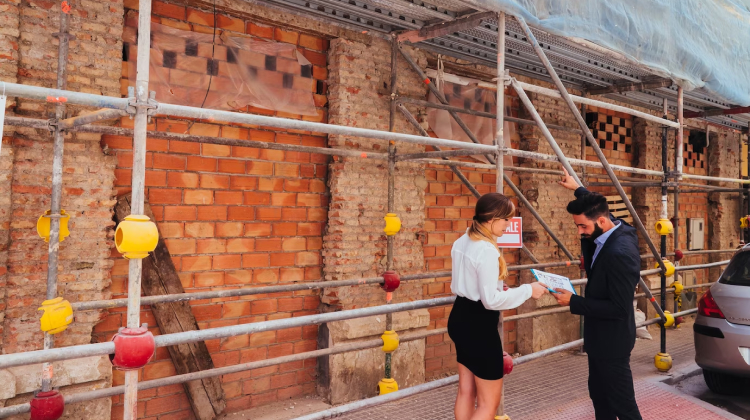
Private Works Construction Projects: Determining the Effective Date of Substantial Completion
Multiple parties to a construction project are affected by the filing of statements of claim or privilege on immovable property where work, labor, and/or materials are provided. The timely filing of statements of claim or privilege on property often depends upon “substantial completion.”
The Notice of Substantial Completion or Notice of Termination of Work is often filed in the mortgage records in conjunction with the project contract, triggering the lien period. What determines substantial completion, however, when neither the construction contract nor any notice of termination of work/notice of substantial completion is filed on a Private Works project? In Urban’s Ceramic Tile, Inc. v. McLain, the Louisiana Second Circuit Court of Appeal considered multiple facts in order to decide an effective date of substantial completion. Urban’s Ceramic Tile, Inc. v. McLain, 113 So.3d 477 (2013).
In Urban, the homeowner hired Mustang Homes to build a house on a lot they purchased in Minden, Louisiana. Mustang hired Urban’s Ceramic Tile, Inc. as a subcontractor on the project. After Mustang had failed to pay Urban for its materials and labor provided on the project, Urban filed a statement of “lien and privilege” in the public records of Webster Parish on February 16, 2011, thereafter filing a petition for amounts due and to enforce its privilege under the Private Works Act. The homeowners answered the suit alleging the lien was untimely and moved for a writ of mandamus directing Urban to cancel its lien and sought reimbursement for attorney fees.
At trial, the homeowners alleged that Urban’s lien was not timely, as it was filed more than 60 days after substantial completion of the work in contravention of La. R.S. 9:4822C(2). They argued that the house was complete on December 8, 2010, the date they changed the locks on the property. At the time the locks were changed, the homeowners alleged only minor punch list items remained which did not affect substantial completion as defined under La. R.S. 9:4822C(2). They also provided a picture of a mayonnaise jar on the kitchen counter taken on December 19, 2010, as evidence that the property was occupied.
Court Rules in Favor of Homeowner
Despite a letter from the homeowners to Mustang on December 8, 2010, which complained that the house “has not been constructed in a timely manner” and listed 43 items to still be completed, the trial court ruled in favor of the homeowners. The trial court ruled that the date the homeowners changed the locks on the property and began going there daily, even though the homeowners admittedly did not completely move in until months later, constituted effective possession of the property. The trial court, therefore, found the lien filed by Urban untimely, as it was filed more than 60 days from December 8, 2010, and awarded the homeowner’s attorney fees.
Urban appealed the decision, and the Second Circuit Court of Appeal affirmed the trial court decision, finding that although punch list items remained, such as laying the attic insulation, attaching the washer and dryer, and installing the garage doors, these items “did not defeat the intended purpose of the house.” Urban’s at 482.
The takeaway of the ruling is that multiple facts will be taken into consideration when determining the date of substantial completion of work in construction projects. The Urban decision displays the necessity of timely filing a statement of claim or privilege on a construction project if you are a general contractor, subcontractor, laborer, or material man, and the legal liability a claimant faces when filing and refusing to remove an untimely lien. It also illustrates the importance of immediately contacting an attorney when experiencing problems in payment on construction projects. An experienced construction attorney’s review of the project filings and applicable lien filing time periods may be the only way you can protect your rights.
Need help with a construction contract? Contact our office in New Orleans to discuss your claim with a highly-rated and experienced lawyer. You can reach us by phone at (504) 500-1111 or send us a message using our online form to schedule your free initial consultation.


